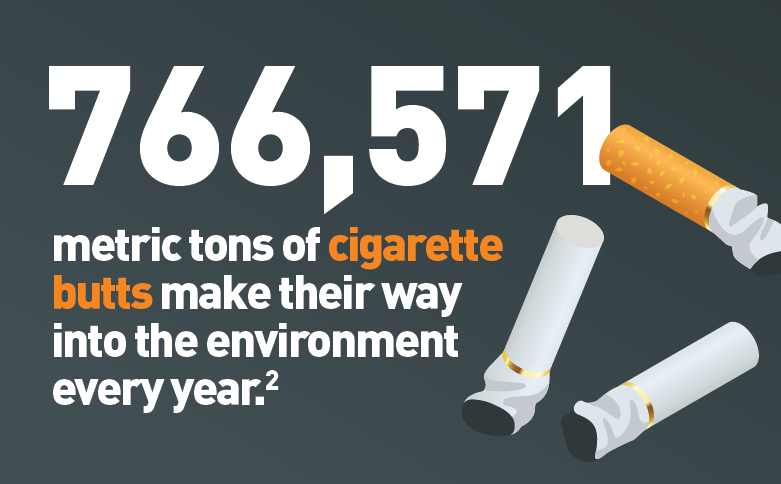Smoking is a serious health hazard that poses a wide range of risks to individuals and society. It is the leading cause of preventable deaths globally, responsible for an estimated 8 million deaths each year. The hazards of smoking are numerous and varied, and include both immediate and long-term effects on the body.
One of the immediate hazards of smoking is the impact it has on the respiratory system. When a person smokes, they inhale a toxic mix of chemicals that irritate and damage the respiratory system. This can lead to a range of respiratory problems, including coughing, wheezing, and shortness of breath. It can also worsen existing respiratory conditions, such as asthma and chronic obstructive pulmonary disease (COPD).
In addition to respiratory problems, smoking also increases the risk of several other types of cancer, including lung, throat, mouth, pancreas, bladder, kidney, and cervix. It is also a major contributor to heart disease and stroke, two of the leading causes of death worldwide. Smokers are also at a higher risk of developing emphysema, a chronic respiratory disease that causes difficulty breathing and can be life-threatening.
The hazards of smoking extend beyond just the individual smoker. Secondhand smoke, which is the smoke inhaled by those around a smoker, can also cause serious health problems. Children, who are particularly susceptible to the effects of secondhand smoke, can develop respiratory problems and are at a higher risk of sudden infant death syndrome (SIDS). Non-smoking adults who are exposed to secondhand smoke are also at an increased risk of respiratory problems, heart disease, and stroke.
In addition to the physical hazards of smoking, it can also have negative social and economic impacts. Smoking is expensive, and many smokers find that they spend a significant portion of their income on cigarettes. This can create financial strain and make it difficult to afford other necessities. Smokers may also face social stigma and discrimination, particularly in the workplace, which can affect their employment prospects and overall quality of life.
Overall, the hazards of smoking are numerous and far-reaching, and they affect both the individual smoker and those around them. Quitting smoking can be challenging, but it is worth it for the many health, social, and economic benefits it brings. If you are a smoker and are interested in quitting, there are many resources available to help you on your journey, including nicotine replacement therapy, prescription medications, and support groups.







